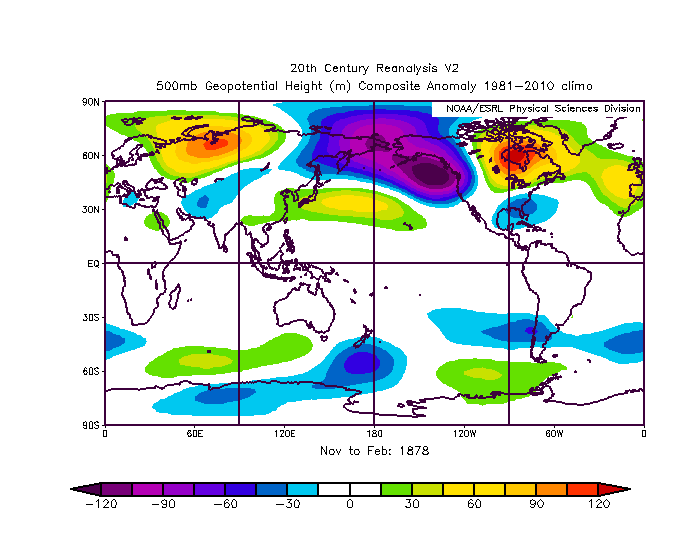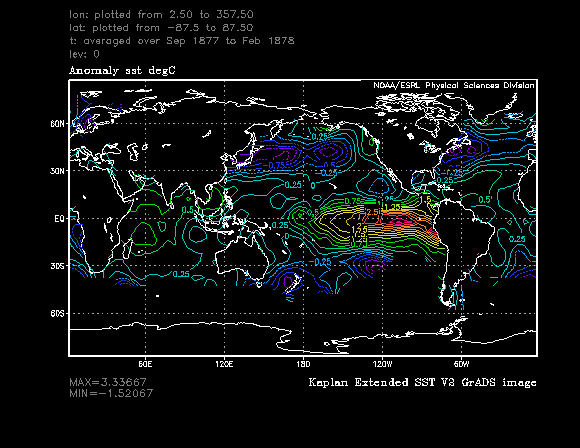Ntxw wrote:Texas Snowman wrote:From Fort Worth NWS. Notice the rainfall at Gainesville - the most ever recorded in North Texas.
Yup, 2015 (summer drought and all) has definitely been one for the books...and then some.
Take a good, hard, long look and remember this year. It's one for the ages in weather lore. It might be the only time in most of our lives that we get to see something like this.
http://www.srh.noaa.gov/images/fxc/fwd/ ... _full7.jpg
Only 1957 comes close to the scope of rains that have fallen over Texas this year. Though 1957 was lackluster in the fall unlike 2015. The El Nino as of today came in with it's first official trimonthly of 2C. The next will be higher. It's official by all measures you can now call it the Super El Nino of 2015. We will look back some years from now when it's high and dry and understand how when the skies opened up, it poured and poured. So that we will remember, the desertification of Texas can't happen now or anytime in the near feature. Because El Nino's happen and are cyclical. It is a part of our climate and the Pacific is the great modulator that swings the pendulum back and forth in the biggest weather machine that effects Texas. They won't stop happening 50 years from now or 500 years.
Well yes, cycles will continue but that doesn't mean things will stay the same. With increased evaporation, we will need more rainfall to keep up with soil moisture as well as water flow into rivers and lakes. What is evident in with my observation (and I'm definitely not the only one that sees this) is that the weather is becoming more extreme on both ends of the spectrum and that will most definitely get worse over the next 50 plus years.
One thing that some scientists are bringing up is the ocean temps world wide are warmer, how does that impact the El Niño cycle in today's world as opposed to past El Niños? We also just saw the inactive phase of the MJO occure. That is unusual in that the MJO should be non existent during an El Niño let alone a Super El Niño because the El Niño base state takes control. So why are we seeing MJO phases? That is a head scratcher for sure.
So yea the cycles will continue for the long term but there are other climate cycles and factors to take into consideration that may very well alter how El Niño affects the atmosphere and how it impacts different regions around the planet.
My research is focused on future trends and so far I don't really like what I see.
But all that aside, it's an interesting debate nonetheless and I look forward to many facenating discussions and exciting weather events. I noticed the site was down for several hours so was relieved when I tried just a bit ago and it came up.
Hope everyone is enjoying this beautiful weather. I've been able to get quite a lot of yard work done and I'm so glad I've been able to do it considering that there may not be many more opportunities as we head further into winter.
 The posts in this forum are NOT official forecast and should not be used as such. They are just the opinion of the poster and may or may not be backed by sound meteorological data. They are NOT endorsed by any professional institution or
The posts in this forum are NOT official forecast and should not be used as such. They are just the opinion of the poster and may or may not be backed by sound meteorological data. They are NOT endorsed by any professional institution or 



















